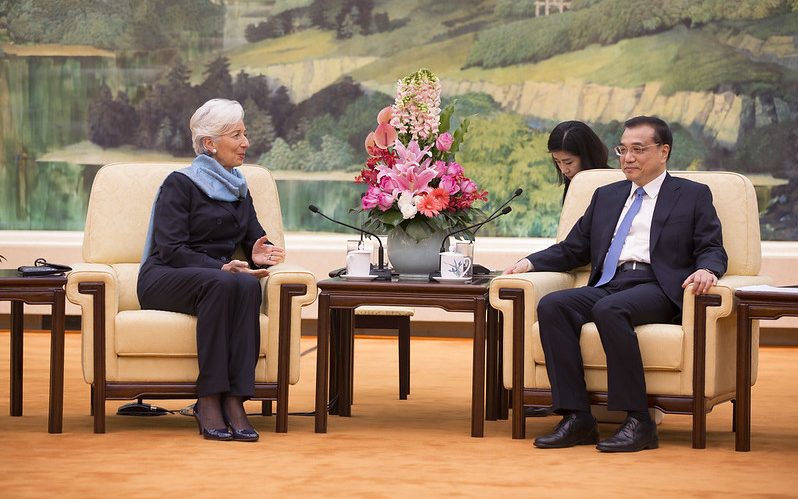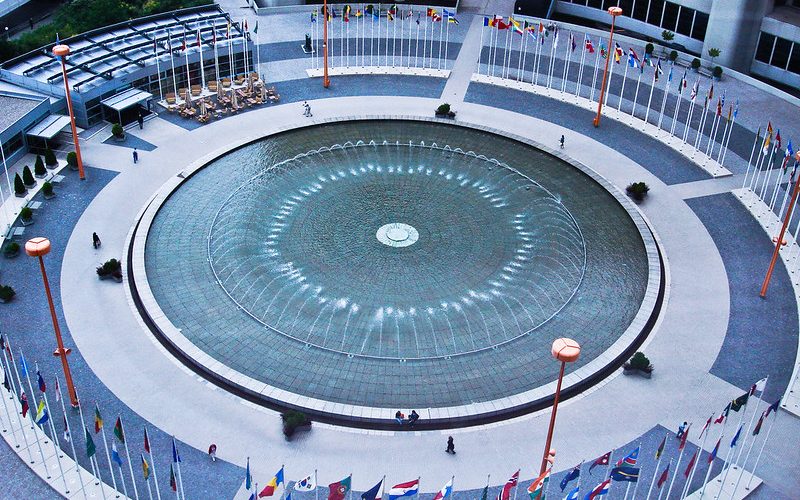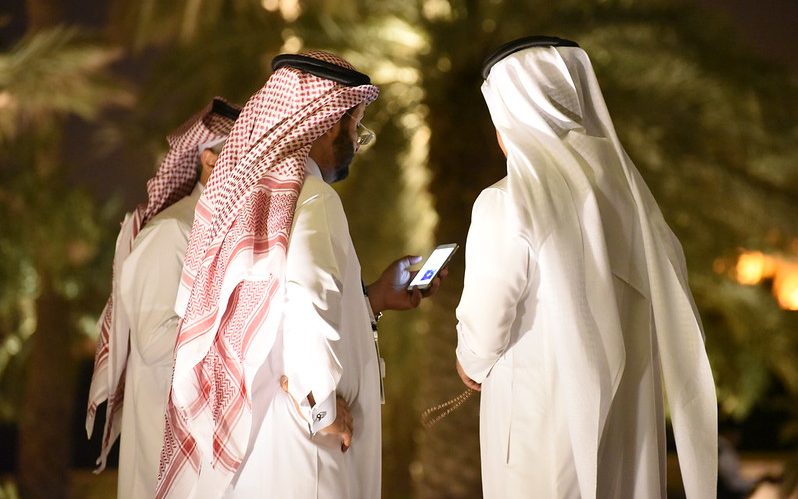
The Spreading Tentacles of Chinese Economic Diplomacy: Ethnic Conflict in Indonesia and Pakistan
In 2014, China’s GDP based on purchasing power parity has overtaken that of the United States. Though the US is still regarded as the world’s major economy, trends are shifting away from the narrative of a post-Cold War hegemony of liberal democracies. In light of such circumstances, this analysis assesses how Chinese development finance and investment in the Global South is shaping both, current geopolitics and the internal structure of Pakistan and Indonesia.



